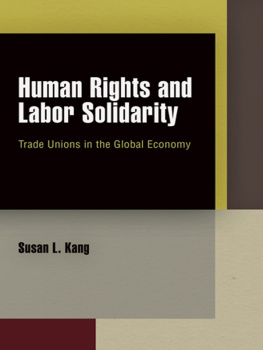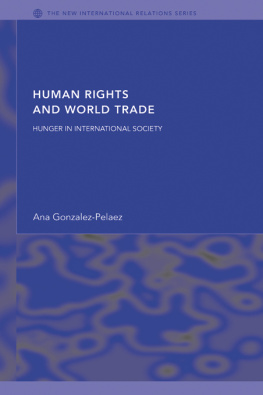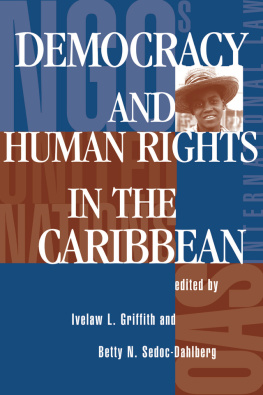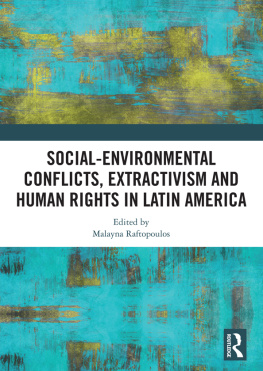Susan L. Kang - Human Rights and Labor Solidarity: Trade Unions in the Global Economy
Here you can read online Susan L. Kang - Human Rights and Labor Solidarity: Trade Unions in the Global Economy full text of the book (entire story) in english for free. Download pdf and epub, get meaning, cover and reviews about this ebook. year: 2012, publisher: University of Pennsylvania Press, genre: Politics. Description of the work, (preface) as well as reviews are available. Best literature library LitArk.com created for fans of good reading and offers a wide selection of genres:
Romance novel
Science fiction
Adventure
Detective
Science
History
Home and family
Prose
Art
Politics
Computer
Non-fiction
Religion
Business
Children
Humor
Choose a favorite category and find really read worthwhile books. Enjoy immersion in the world of imagination, feel the emotions of the characters or learn something new for yourself, make an fascinating discovery.
- Book:Human Rights and Labor Solidarity: Trade Unions in the Global Economy
- Author:
- Publisher:University of Pennsylvania Press
- Genre:
- Year:2012
- Rating:3 / 5
- Favourites:Add to favourites
- Your mark:
Human Rights and Labor Solidarity: Trade Unions in the Global Economy: summary, description and annotation
We offer to read an annotation, description, summary or preface (depends on what the author of the book "Human Rights and Labor Solidarity: Trade Unions in the Global Economy" wrote himself). If you haven't found the necessary information about the book — write in the comments, we will try to find it.
Faced with the economic pressures of globalization, many countries have sought to curb the fundamental right of workers to join trade unions and engage in collective action. In response, trade unions in developed countries have strategically used their own governments commitments to human rights as a basis for resistance. Since the protection of human rights remains an important normative principle in global affairs, democratic countries cannot merely ignore their human rights obligations and must balance their international commitments with their desire to remain economically competitive and attractive to investors.
Human Rights and Labor Solidarity analyzes trade unions campaigns to link local labor rights disputes to international human rights frameworks, thereby creating external scrutiny of governments. As a result of these campaigns, states engage in what political scientist Susan L. Kang terms a normative negotiation process, in which governments, trade unions, and international organizations construct and challenge a broader understanding of international labor rights norms to determine whether the conditions underlying these disputes constitute human rights violations. In three empirically rich case studies covering South Korea, the United Kingdom, and Canada, Kang demonstrates that this normative negotiation process was more successful in creating stronger protections for trade unions rights when such changes complemented a governments other political interests. She finds that states tend not to respect stronger economically oriented human rights obligations due to the normative power of such rights alone. Instead, trade union transnational activism, coupled with sufficient political motivations, such as direct economic costs or strong rule of law obligations, contributed to changes in favor of workers rights.
Susan L. Kang: author's other books
Who wrote Human Rights and Labor Solidarity: Trade Unions in the Global Economy? Find out the surname, the name of the author of the book and a list of all author's works by series.









